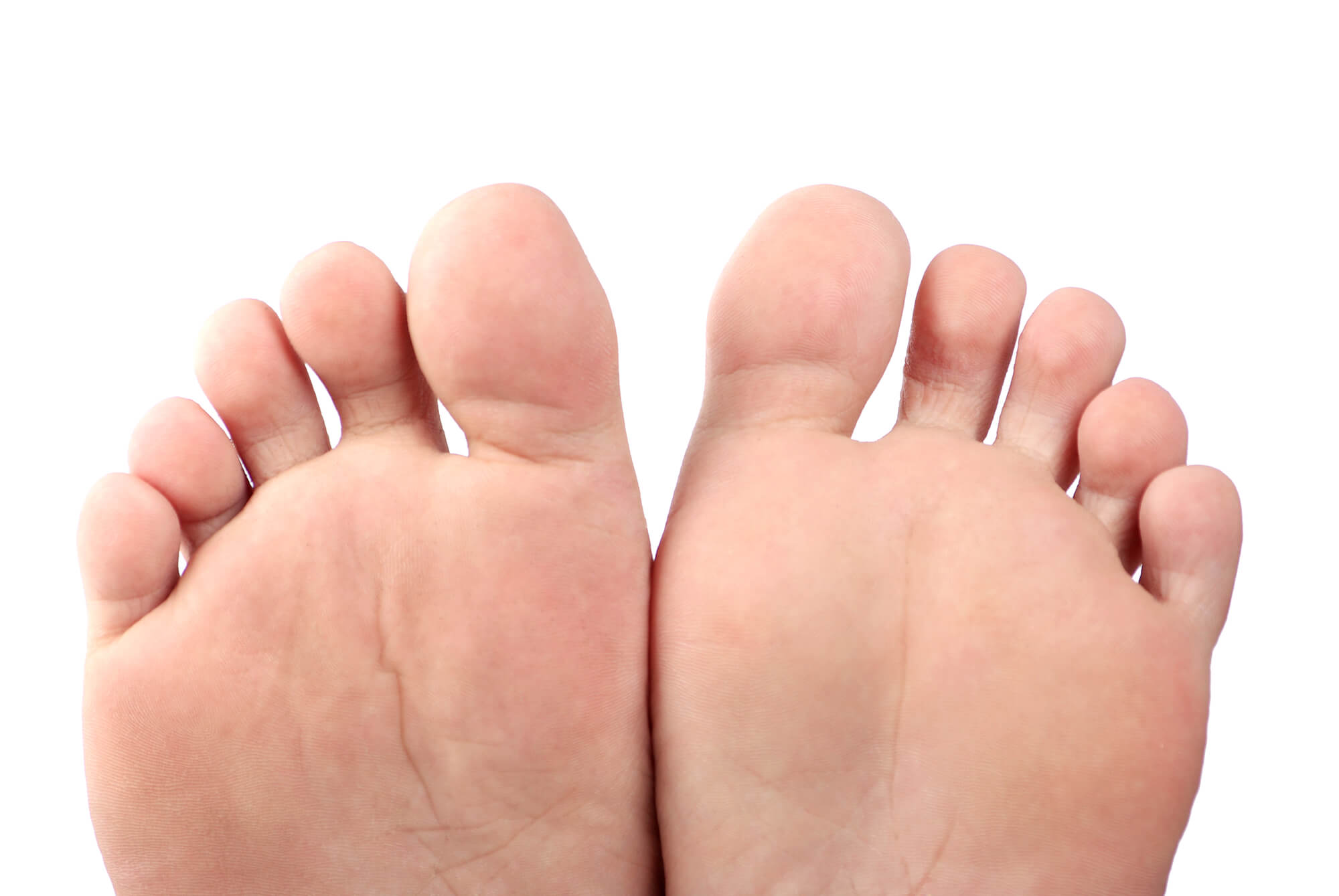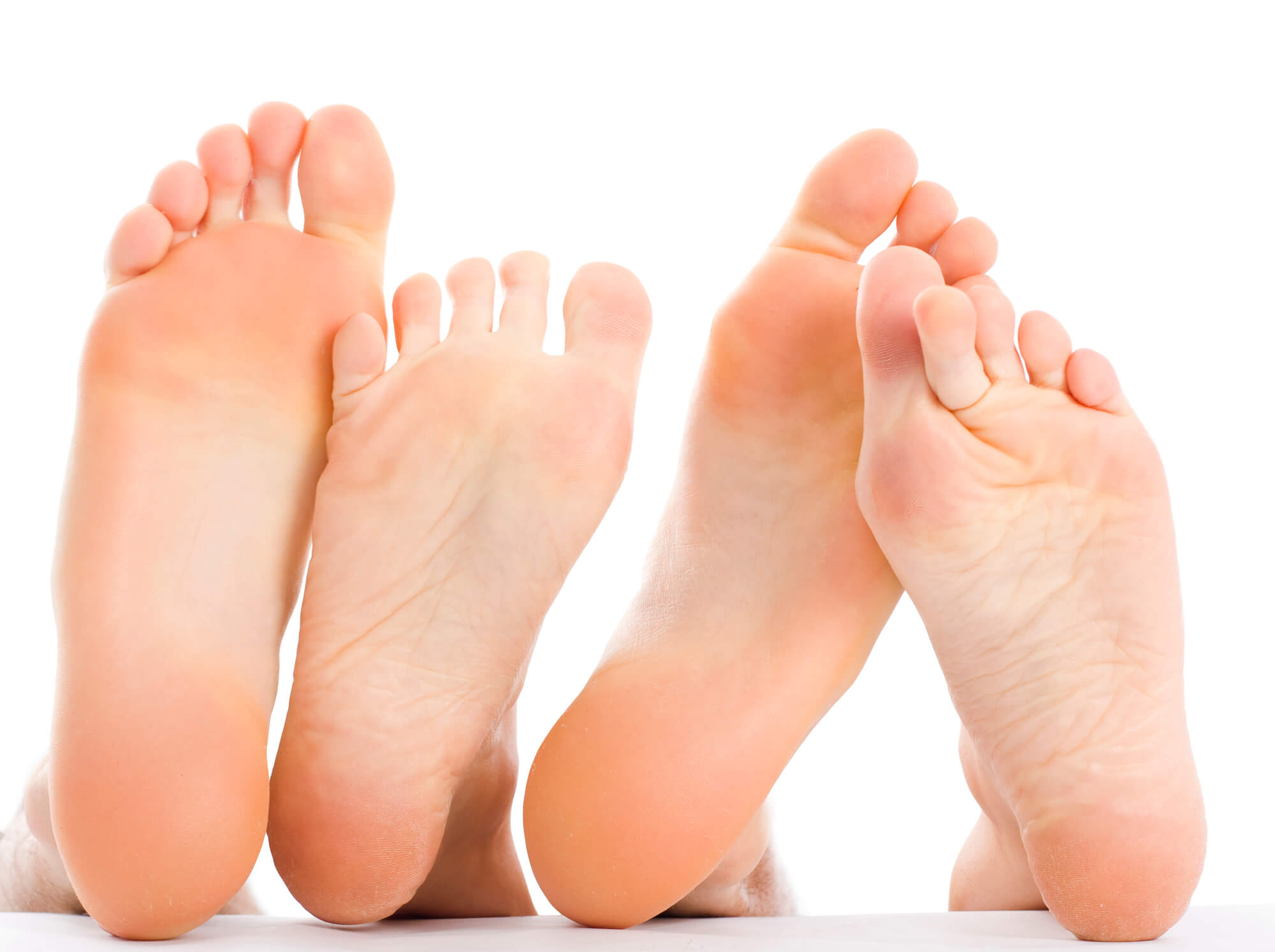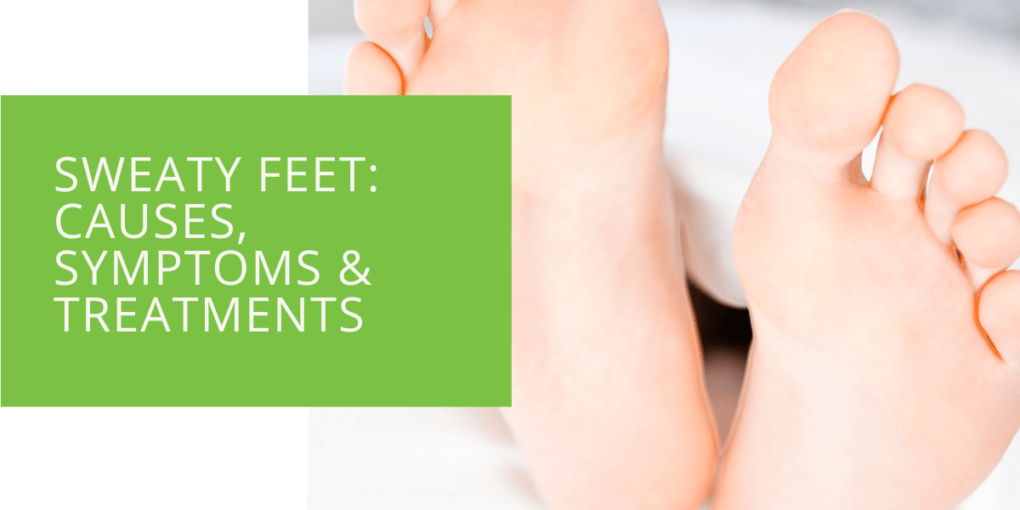Sweaty Feet: Causes, Symptoms & Treatments
Sweating is a natural bodily function that helps regulate our body temperature. However, when it occurs in excess, it can be uncomfortable, embarrassing, and even lead to complications. One area that is particularly prone to excessive sweating is the feet. In this article, we'll explore the causes, symptoms, and treatments of sweaty feet to help you keep your feet dry and comfortable.
What Causes Sweaty Feet?
Sweaty feet can be caused by a number of factors, including:
Sweat Glands in the Feet
Sweat glands are found throughout the body, including the feet. The sweat glands in the feet regulate the temperature of your feet and keep them moist. However, in some cases, the sweat glands can become overactive and produce excessive sweat, leading to sweaty feet.
Plantar Hyperhidrosis
Plantar hyperhidrosis is a medical condition that causes excessive sweating of the feet. It is a type of focal hyperhidrosis, which means it affects a specific part of the body. Plantar hyperhidrosis is believed to be caused by overactive sweat glands in the feet. It can be an inherited condition or develop later in life.
Secondary Hyperhidrosis
Secondary hyperhidrosis is a condition caused by an underlying medical condition or medication. Conditions that can cause secondary hyperhidrosis include thyroid problems, diabetes, menopause, and certain types of cancer. Certain medications can also cause excessive sweating, such as antidepressants, blood pressure medications, and some chemotherapy drugs.

Hot and Humid Weather
Hot and humid weather can cause your feet to sweat more than usual. The heat and humidity cause your body temperature to rise, which triggers the sweat glands to produce more sweat to cool you down. In addition to making your feet sweat, hot and humid weather can increase your risk of developing a fungal infection.
Certain Fabrics and Materials
Wearing socks and shoes made of non-breathable materials, such as nylon or rubber, can cause your feet to sweat more than usual. These materials trap heat and moisture, leading to sweaty feet and an increased risk of developing a fungal infection.
Stress and Anxiety
Stress and anxiety can cause your body to sweat more, including on your feet. This is because stress and anxiety can trigger the fight or flight response, which increases your heart rate and body temperature.
Symptoms of Sweaty Feet
Sweaty feet can be uncomfortable and even lead to complications. The most obvious symptom of sweaty feet is wet or moist feet. However, excessive sweating can also lead to other symptoms, including:
Unpleasant Odor
Sweating creates a moist environment that can lead to the growth of bacteria and fungi, which can cause an unpleasant odor. The odor is usually described as "cheesy" or "vinegary." In addition to causing embarrassment, the odor can also be a sign of an underlying fungal infection.
Increased Risk of Fungal and Bacterial Infections
Excessive sweating can increase your risk of developing fungal and bacterial infections, such as athlete's foot and toenail fungus. These infections can cause itching, redness, and peeling skin on your feet. If left untreated, they can spread to other parts of your body and cause more serious health complications.
Skin Irritation and Blisters
Sweaty feet can cause irritation and blisters on the skin of your feet. This is because the moisture from sweat can soften the skin and make it more prone to irritation and friction. In severe cases, blisters may form, which can be painful and increase your risk of infection.
It's important to note that not everyone who sweats excessively will experience these symptoms. However, if you are experiencing any of these symptoms, seeing a podiatrist for a proper diagnosis and treatment plan is important.

Diagnosing Sweaty Feet
If you are experiencing sweaty feet symptoms, seeing a podiatrist for a proper diagnosis is essential. Your podiatrist will perform a physical exam and may also recommend sweat tests to measure the amount of sweat your feet produce.
Treatment for Sweaty Feet
Fortunately, there are a variety of treatments available to help manage sweaty feet, including:
- Proper foot hygiene: Wash your feet daily and dry thoroughly, paying close attention to the spaces between your toes. Wear clean socks and shoes made of breathable materials.
- Over-the-counter antiperspirants: These products contain aluminum chloride, which can help reduce sweating.
- Prescription-strength antiperspirants: If over-the-counter products are ineffective, your podiatrist may prescribe a stronger antiperspirant.
- Iontophoresis: This treatment involves placing your feet in the water and using a low electrical current to reduce sweat gland activity.
- Medications: In severe cases, your podiatrist may prescribe medication to help reduce sweating.
- Botox injections: This treatment involves injecting Botox into the feet to block the signals that trigger sweat production.
- Surgery: In extreme cases, surgery may be recommended to remove sweat glands.

Preventing Sweaty Feet
Preventing sweaty feet is key to managing this condition. Here are some tips for preventing sweaty feet:
- Choose shoes made of natural materials, such as leather or canvas, and avoid tight-fitting shoes.
- Rotate your shoes regularly to allow them to dry out between uses.
- Use foot powder to help absorb moisture.
- Avoid wearing socks or shoes when your feet are wet or moist.
- Keep good foot hygiene and wash your feet daily with soap and water.
Conclusion
Sweaty feet can be uncomfortable and embarrassing, but with the proper treatment and preventative measures, you can manage this condition and keep your feet dry and comfortable. If you're experiencing sweaty feet symptoms, seeing a podiatrist for a proper diagnosis and treatment plan is important. With the right care, you can get back on your feet and feel confident again.

